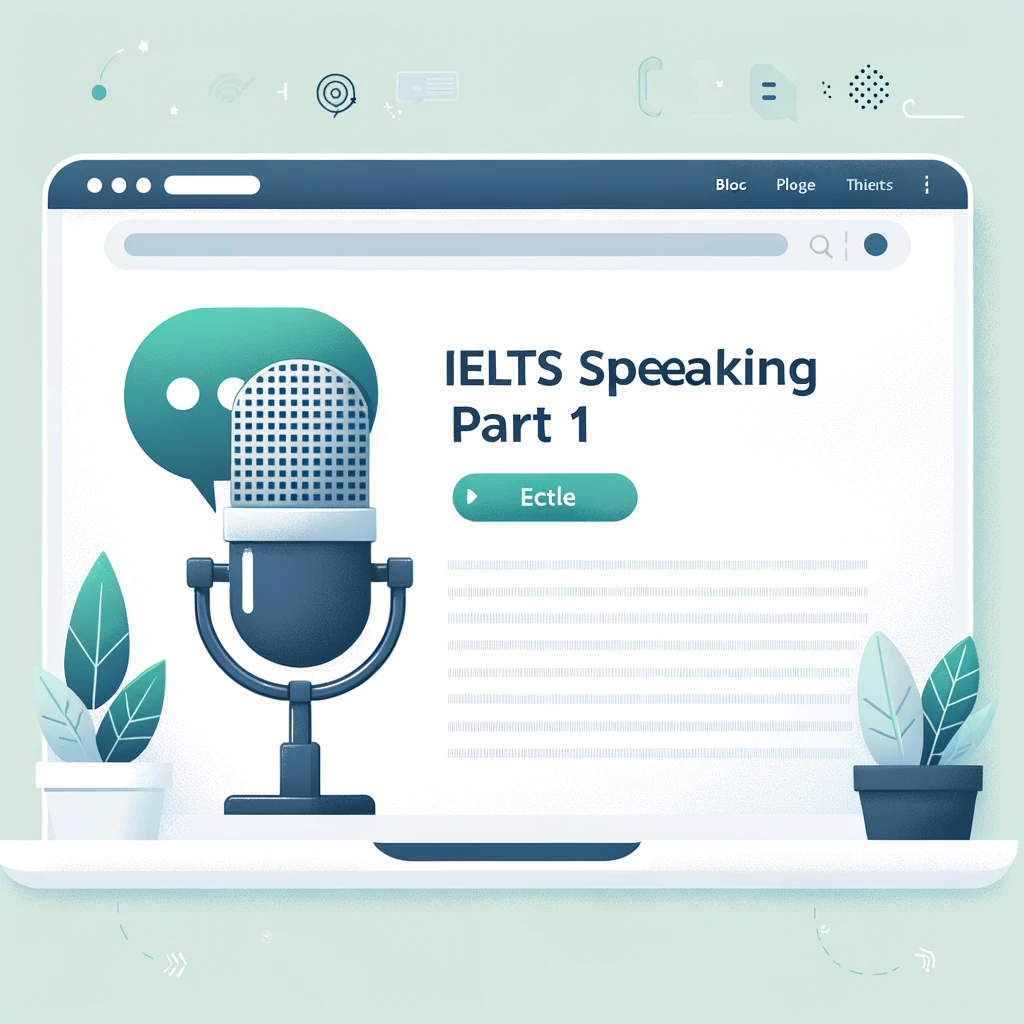Part 1: Breakfast
1. What do you usually eat for breakfast?
I usually eat a healthy and balanced breakfast that includes oatmeal with fresh fruits and nuts, a glass of freshly squeezed orange juice, and a cup of green tea. Sometimes, I also add a slice of whole-grain toast with avocado or a boiled egg for extra protein.
2. How important is breakfast to you?
Breakfast is extremely important to me. It provides the necessary energy to start my day and helps me maintain focus and productivity. Skipping breakfast often leaves me feeling sluggish and less able to concentrate on my tasks.
3. Do you prefer a big breakfast or a light one? Why?
I prefer a light breakfast. A balanced but light meal in the morning feels sufficient to energize me without making me feel overly full. It also fits well into my morning routine and helps me maintain a healthy diet throughout the day.
4. Do you have breakfast at home or outside?
I usually have breakfast at home. It allows me to prepare a nutritious meal that suits my dietary preferences. Additionally, having breakfast at home is more relaxing and sets a positive tone for the rest of the day.
5. What is your favorite breakfast food?
My favorite breakfast food is avocado toast topped with a poached egg and a sprinkle of chili flakes. It’s delicious, nutritious, and provides a good balance of healthy fats, proteins, and carbohydrates.
6. How has your breakfast routine changed over time?
My breakfast routine has evolved from grabbing quick, sugary cereals as a child to now enjoying a more nutritious and balanced meal. As I’ve learned more about nutrition, I’ve made a conscious effort to include whole foods and proteins in my morning diet.
7. Do you think breakfast is the most important meal of the day? Why or why not?
Yes, I believe breakfast is the most important meal of the day because it breaks the overnight fast, replenishes glucose levels, and kick-starts metabolism. A good breakfast helps in maintaining energy levels and improves cognitive function throughout the morning.
8. Have you ever skipped breakfast? Why?
Yes, I have skipped breakfast occasionally, usually due to a hectic schedule or waking up late. However, I try to avoid it as much as possible because it often leads to lower energy levels and difficulty concentrating later in the day.
9. What breakfast foods are popular in your country?
In Azerbaijan, popular breakfast foods include “plov” (a type of rice dish), “qutab” (a type of stuffed flatbread), and “choban salad” (a refreshing vegetable salad). Fresh bread, cheese, honey, and a variety of jams are also commonly enjoyed.
10. Do you think it’s important to have a healthy breakfast? Why?
Yes, it’s very important to have a healthy breakfast because it sets the nutritional tone for the rest of the day. A healthy breakfast can help regulate blood sugar levels, provide essential nutrients, and prevent overeating later in the day. It’s crucial for maintaining overall health and well-being.
Vocabulary for Band 9+ IELTS Speaking
1. Balanced – Arranged in good proportions; having a healthy mix of different elements
2. Sluggish – Slow-moving or inactive
3. Focus and productivity – The ability to concentrate and effectively complete tasks
4. Energize – Give vitality and enthusiasm to
5. Nutritious – Nourishing; efficient as food
6. Dietary preferences – Personal choices regarding the types of food one eats
7. Relaxing – Making one feel relaxed and free from stress
8. Conscious effort – Deliberate and intentional action
9. Whole foods – Foods that are unprocessed and unrefined, or processed and refined as little as possible
10. Replenishes – Restores to a former level or condition
11. Cognitive function – The mental process of knowing, including aspects such as awareness, perception, reasoning, and judgment
12. Metabolism – The chemical processes that occur within a living organism in order to maintain life
13. Essential nutrients – Nutrients that the body cannot synthesize on its own, or not to an adequate amount, and must be provided by the diet
14. Well-being – The state of being comfortable, healthy, or happy

